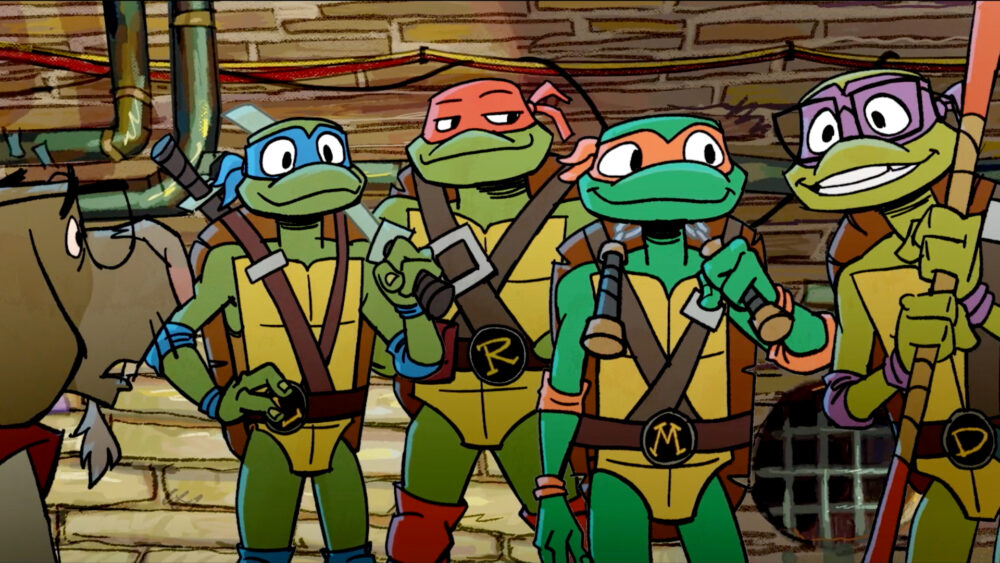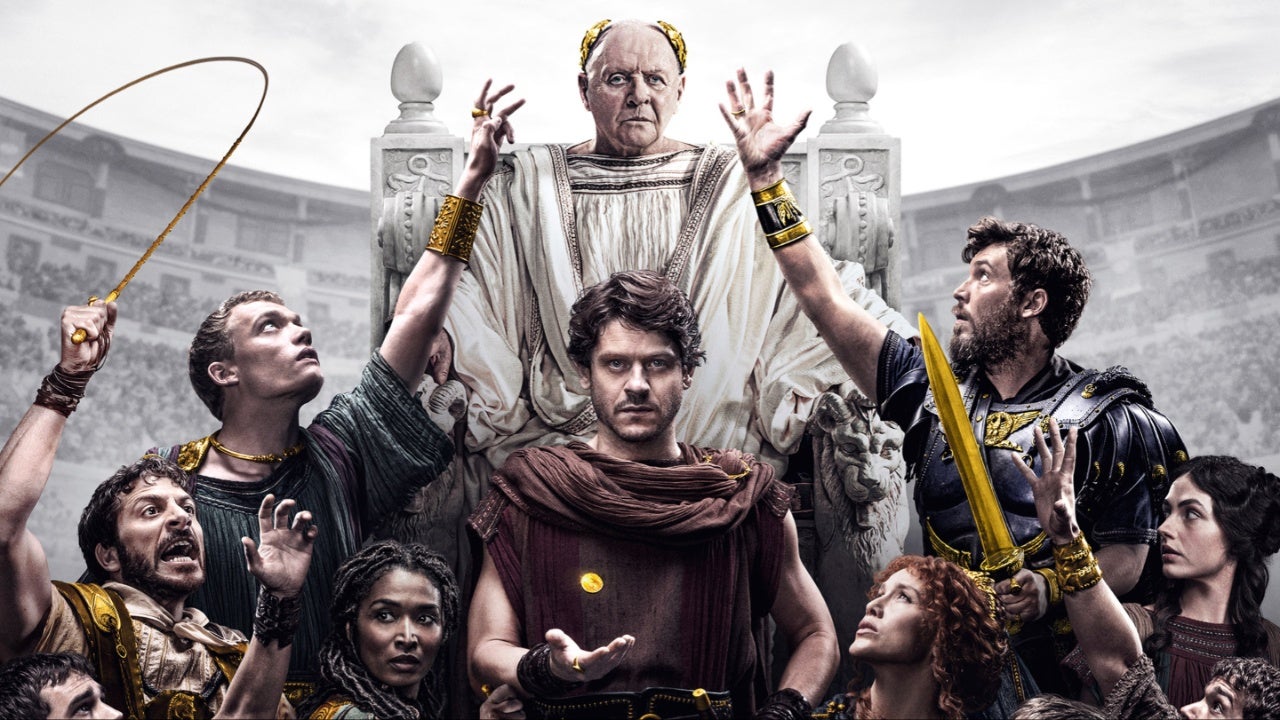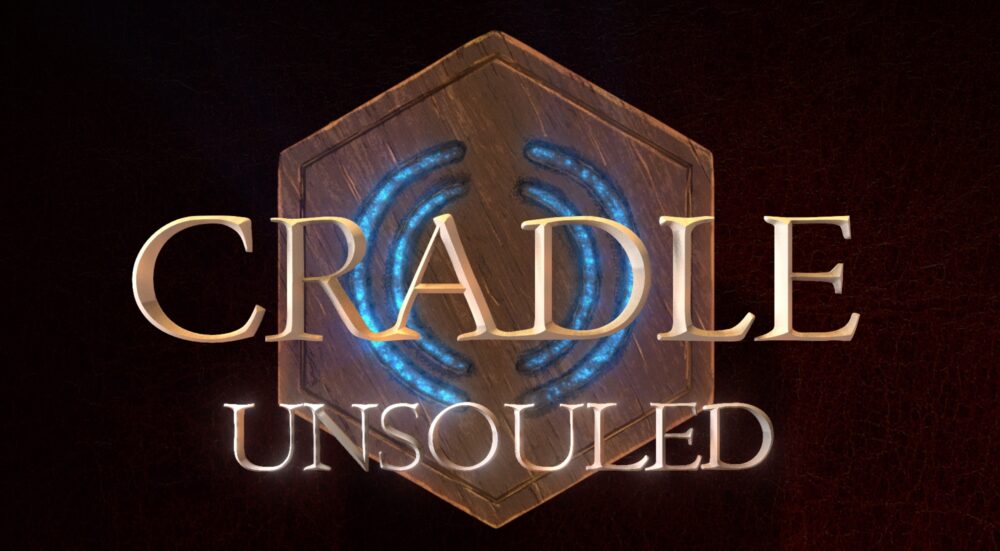The Writers Guild of America West’s has announced its 2019 TV Writer Access Project honorees: 21 diverse writers whose work has been cited by a committee of high-level writers and showrunners in Comedy (Half-Hour) and Drama (One-Hour) script categories. Now in its tenth year, the WGAW’s decade-long TV WAP program is part of the Guild’s ongoing efforts to increase diversity and promote inclusiveness in the entertainment industry.
2019 TV WAP Drama Honorees
· Sabrina Almeida, Die Spinne (The Spider)
· Allen Clary, Orchard Drive
· Anya Leta, Points of Origin
· Lisa Long, Cimarron County
· D.H. Miller, Freshwater
· John-Paul Nikel, Metro
· Adam Rodman, Promises To Keep
· Deanna Shumaker, Long Lost
· Matthew White, Echo
· Jai Tiggett, Black Magic
2019 TV WAP Comedy Honorees
· Cindy Appel, Ride or Die
· Chelsea Catalanotto, Colonize This
· Elise D’Haene, Old Dykes
· Anne Gregory, Fucked
· Chase Heinrich & Micah Steinberg, Grindrs Keepers
· Lena Kouyoumdjian, Party Girls
· Brent Piaskoski, Humor Me…It’s Time For Your Next Act
· Rachel Palmer & David Shecter, For Worse
· Kate Spurgeon, Rx
This year’s 21 TV WAP honorees include eleven writers in the women’s category (including one writing team), four LGBTQ+ writers (including one writing team), two minority writers, two writers with disabilities, and two writers age 55 and older. For more information about this year’s TV WAP honorees, and to access their work, click here.
“Now in its tenth year, the WGAW TV Writer Access Project has recognized over 150 honorees. During this time, the program has witnessed varying advancements – from jumpstarting members’ careers to providing a space for unrepped members to find representation. All too often we hear that writers from marginalized backgrounds can’t be found. The TV Writer Access Project is just one effort in which to address this industry-wide concern,” said WGAW’s Inclusion & Equity Director Tery Lopez.
The honorees will have their work spotlighted industry-wide via the Guild, as well as participate in a series of WGAW-hosted workshops in March designed to equip them with the skills sets and the necessary tools to develop and sustain successful television writing careers.
For TV WAP consideration, qualified WGAW members in five industry-underrepresented categories – minority writers, writers with disabilities, women writers, LGBTQ+ writers, and writers age 55 and older – were eligible to submit an unproduced half-hour or one-hour spec script. Entries were read and scored on a blind submission basis by a panel of judges comprised of Guild members with extensive television writing experience.
Launched in 2009 and administered by the WGAW’s Inclusion & Equity Department, the Guild’s program is designed to identify and recognize outstanding diverse writing talent and provide access to their work to entertainment industry decision-makers, including showrunners, producers, network and studio executives, agents, and managers.
“All too often when people are looking to diversify their staffs and make them more inclusive, they say ‘We can’t find any writers.’ With the TV Writer Access Project, there’s no excuse. For ten years the WGAW has identified and supported talented writers who can crush it in any writers’ room. If you want stars, here they are,” said TV WAP Advisor and Inclusion & Equity Group Co-Chair Glen Mazzara (The Walking Dead, Damien), who also runs the Guild’s TV WAP program seminars with fellow WGAW members Leo Chu & Eric Garcia (Prince of Peoria, Supah Ninjas!).
The Guild’s TV WAP program generates tangible results for its participants: “Validation by my WGA peers and being selected as a WAP Honoree was a crucial component to a career resurgence for me. It allowed me to find new representation and, through the workshops, I gained valuable insights on how to effectively market my own story. I also made wonderful new writer friends that continue to provide a network of camaraderie and support,” remarked previous TV WAP honoree Tonya Kong (Marvel’s Daredevil, Arrow).
This year’s TV WAP received 133 total submissions from Guild members: 48 women writers, 34 minority writers, 21 LGBTQ+ writers, 27 writers age 55 and older, and three writers with disabilities.
The program enlisted WGAW members to serve as 70 first-round judges (37 drama / 33 comedy), and 39 second-round judges (22 drama / 17 comedy). Second-round judges included WGAW members/writers David Shore (The Good Doctor, House), Steven Canals (Pose, Dead of Summer), Jane Espenson (Once Upon a Time, Torchwood), and Stacy Traub (black-ish, The Real O’Neals).

Events
Paramount+ Reveals Official Main Title Sequence for the Upcoming Series TALES OF THE TEENAGE MUTANT NINJA TURTLES

During the TALES OF THE TEENAGE MUTANT NINJA TURTLES panel earlier today at San Diego Comic Con, Paramount+ revealed the official main title sequence for the series. The sequence is composed by EMMY® nominee, Matt Mahaffey, known for his work on Sanjay and Craig, Rise of the Teenage Mutant Ninja Turtles, and Rise of the Teenage Mutant Ninja Turtles: The Movie and much more.
From the studios of the Mutant Mayhem film, the all-new Paramount+ original series TALES OF THE TEENAGE MUTANT NINJA TURTLES explores the adventures of everyone’s favorite pizza-loving heroes as they emerge from the sewers onto the streets of NYC. Leo, Raph, Donnie and Mikey are faced with new threats and team up with old allies to survive both teenage life and villains lurking in the shadows of the Big Apple. The series is produced by Nickelodeon Animation and Point Grey Pictures.
TALES OF THE TEENAGE MUTANT NINJA TURTLES is executive produced by Chris Yost (The Mandalorian, Thor: Ragnarok) and Alan Wan (Blue Eye Samurai, Rise of the Teenage Mutant Ninja Turtles, Teenage Mutant Ninja Turtles [2012 Series]). Production is overseen for Nickelodeon by Claudia Spinelli, Senior Vice President, TV Series Animation, Nickelodeon, and Nikki Price, Director of Development and Executive in Charge of Production.
In addition to the upcoming new series, stream all things Turtles on Paramount+.
Events
Comic-Con 2024: Those About to Die Activation
Events
DISNEY+ CASTS DANIEL DIEMER AS FAN-FAVORITE ‘TYSON’IN SEASON TWO OF “PERCY JACKSON AND THE OLYMPIANS”

in Hall H at San Diego Comic-Con, Rick Riordan and Disney+ revealed that Daniel Diemer (“Under the Bridge”) will star as fan-favorite cyclops “Tyson” in the epic adventure series “Percy Jackson and the Olympians.” Diemer joins Walker Scobell (Percy Jackson), Leah Sava Jeffries (Annabeth Chase) and Aryan Simhadri (Grover Underwood) as a series regular. The Disney+ Original series from Disney Branded Television and 20th Television will start filming its second season next week in Vancouver.
Season two of “Percy Jackson and the Olympians” is based on the second installment of Disney Hyperion’s best-selling book series titled “The Sea of Monsters” by award-winning author Rick Riordan. In the new season, Percy Jackson returns to Camp Half-Blood one year later to find his world turned upside down. His friendship with Annabeth is changing, he learns he has a cyclops for a brother, Grover has gone missing, and camp is under siege from the forces of Kronos. Percy’s journey to set things right will take him off the map and into the deadly Sea of Monsters, where a secret fate awaits the son of Poseidon.
Diemer stars as Tyson – a young Cyclops who grew up all alone on the streets, and finds it difficult to survive in the human world. Shy and awkward, with a heart almost as big as he is, Tyson soon discovers that Poseidon is his father, which means Percy Jackson is his half-brother… and that Tyson may have finally found a home.
Diemer recently starred in the Hulu limited series “Under the Bridge” based off the critically acclaimed book of the same name and a tragic true story of a missing teen girl in Vancouver in 1997. He will next star in the indie “Thug” opposite Liam Neeson and Ron Perlman for director Hans Petter Moland. Daniel was recently seen as the lead in the indie “Supercell” opposite Alec Baldwin and Skeet Ulrich and the lead in the film “Little Brother” opposite Phil Ettinger and JK Simmons. Daniel can also be seen in the Netflix series “The Midnight Club” and recently starred as the male lead in the breakout hit Netflix feature “The Half Of It” from producer Anthony Bregman and director Alice Wu. He is a graduate of Victoria Academy of Dramatic Arts in Vancouver.
Created by Rick Riordan and Jonathan E. Steinberg, season two of “Percy Jackson and the Olympians” is executive produced by Steinberg and Dan Shotz alongside Rick Riordan, Rebecca Riordan, Craig Silverstein, The Gotham Group’s Ellen Goldsmith-Vein, Bert Salke, The Gotham Group’s Jeremy Bell and D.J. Goldberg, James Bobin, Jim Rowe, Albert Kim, Jason Ensler and Sarah Watson.
The first season of “Percy Jackson and the Olympians” is available on Disney+
-

 Interviews2 days ago
Interviews2 days agoInterview With Heroes & Villains Creative Director Doug Johnson
-

 Streaming2 days ago
Streaming2 days agoApple TV+ announces season two for delightful kids and family series “Camp Snoopy
-

 Events2 days ago
Events2 days agoThat’s My E Coverage Of The Adult Swim’s Pirate Parrrty
-

 Events19 hours ago
Events19 hours agoParamount+ Reveals Official Main Title Sequence for the Upcoming Series TALES OF THE TEENAGE MUTANT NINJA TURTLES
-

 Events22 hours ago
Events22 hours agoDISNEY+ CASTS DANIEL DIEMER AS FAN-FAVORITE ‘TYSON’IN SEASON TWO OF “PERCY JACKSON AND THE OLYMPIANS”
-

 Events22 hours ago
Events22 hours agoComic-Con 2024: Those About to Die Activation
-

 Interviews23 hours ago
Interviews23 hours agoComic-Con 2024: Will Wight’s Cradle



